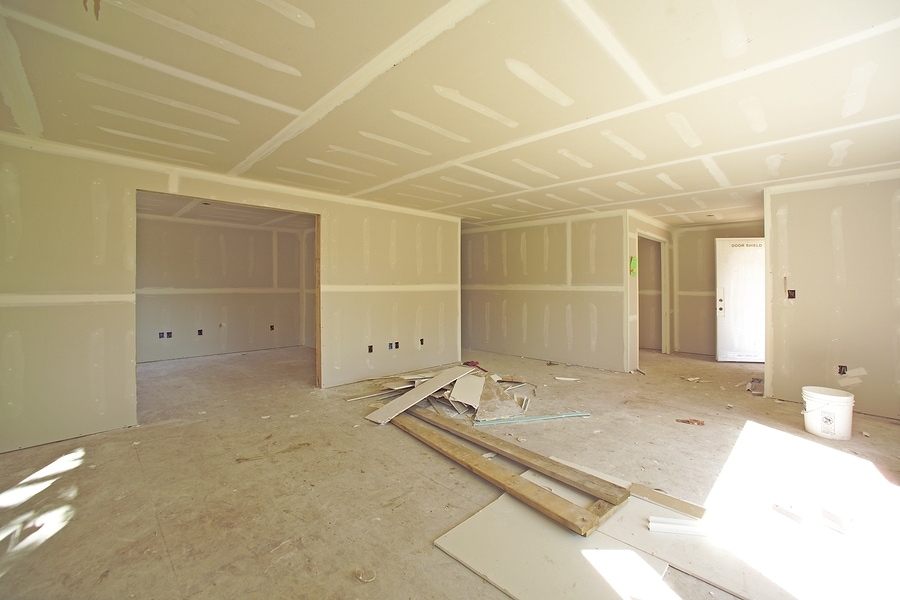Get Expert Financing
- Matched with investor-friendly lenders
- Fast pre-approvals-no W2s required
- Financing options fro rentals, BRRRR, STRs
- Scale your portfolio with confidence
Whether you’re buying or selling, or just wondering how much your home is worth, it’s important to know what can affect the price of a home. Here are some of the most important factors you need to keep in mind:
Location – You already know the old real estate mantra: “Location, location, location.” That’s because the location has a huge impact on the price of a home. Consider these components:
– Crime statistics: Crimes like homicide, burglaries, and drug-related offenses bring down the value of real estate in a neighborhood. But another related statistic to look up is registered sex offenders, even if there aren’t a lot of sex-related crimes in the area.
– Proximity: Buyers want schools, hospitals, highways, major streets, parks, and shopping areas to be accessible, but not too close. For example, a cul-de-sac is often desirable because it tends to restrict traffic, though its residents can easily exit and access the neighborhood.
– View: Naturally, a spectacular view can increase the value of a property, but just as important, a bad view can lower the value.
– Community: Although not all buyers value a sense of community, the availability of community ties and activities can increase the value of a home.
Comparable sales – The single biggest factor that affects the price of a home is the price of the homes surrounding it. The sale price of similar homes in the neighborhood are aggregated as “comparable sales,” and your home is expected to be priced accordingly. Those homes are affected by location in the same way as your home since they are all in the same area. However, there are factors unique to your home that can affect its value, such as those listed below.
Amenities – Amenities like a guest house, pool, or extra large yard may increase a home’s value.
Upgrades – Upgrades like new carpet or an updated kitchen or bathroom may also increase a home’s value. On the other hand, failure to upgrade outdated or run down aspects of your home may lower its value.
Age and Overall Condition – Although a new home might seem more valuable, an older house that’s been kept in great condition may be worth more than a newer but poorly built and/or maintained house. Additionally, minor repairs can make a big difference in the value of a home, so fixing leaky faucets and loose door handles may have a surprising impact.
Size and Floor Plan – A larger house is generally worth more than a smaller house, but the floor plan can make a difference in the value as well. A layout that makes the house feel difficult to use (e.g., doors and walls in unexpected places) can lower a home’s value, while a layout that makes a house easy to use can increase its value.
Negative History – A history of negative events such as mold or violent crime can lower a home’s value. Such events generally have to be disclosed to potential buyers so they cannot be legally concealed. The impact of a negative event on the home’s value tends to diminish with the passage of time.
Number of Comparable Properties for Sale – A home may rise or fall in value simply due to the number of similar properties for sale at the same time. Greater demand means higher prices, so the fewer comparable homes on the market, the higher the sale price will be.
Inflation – The value of a home tends to naturally rise over time due to inflation, even if the real value of a dollar remains the same over that period of time.
Our advice is based on experience in the mortgage industry and we are dedicated to helping you achieve your goal of owning a home. We may receive compensation from partner banks when you view mortgage rates listed on our website.

